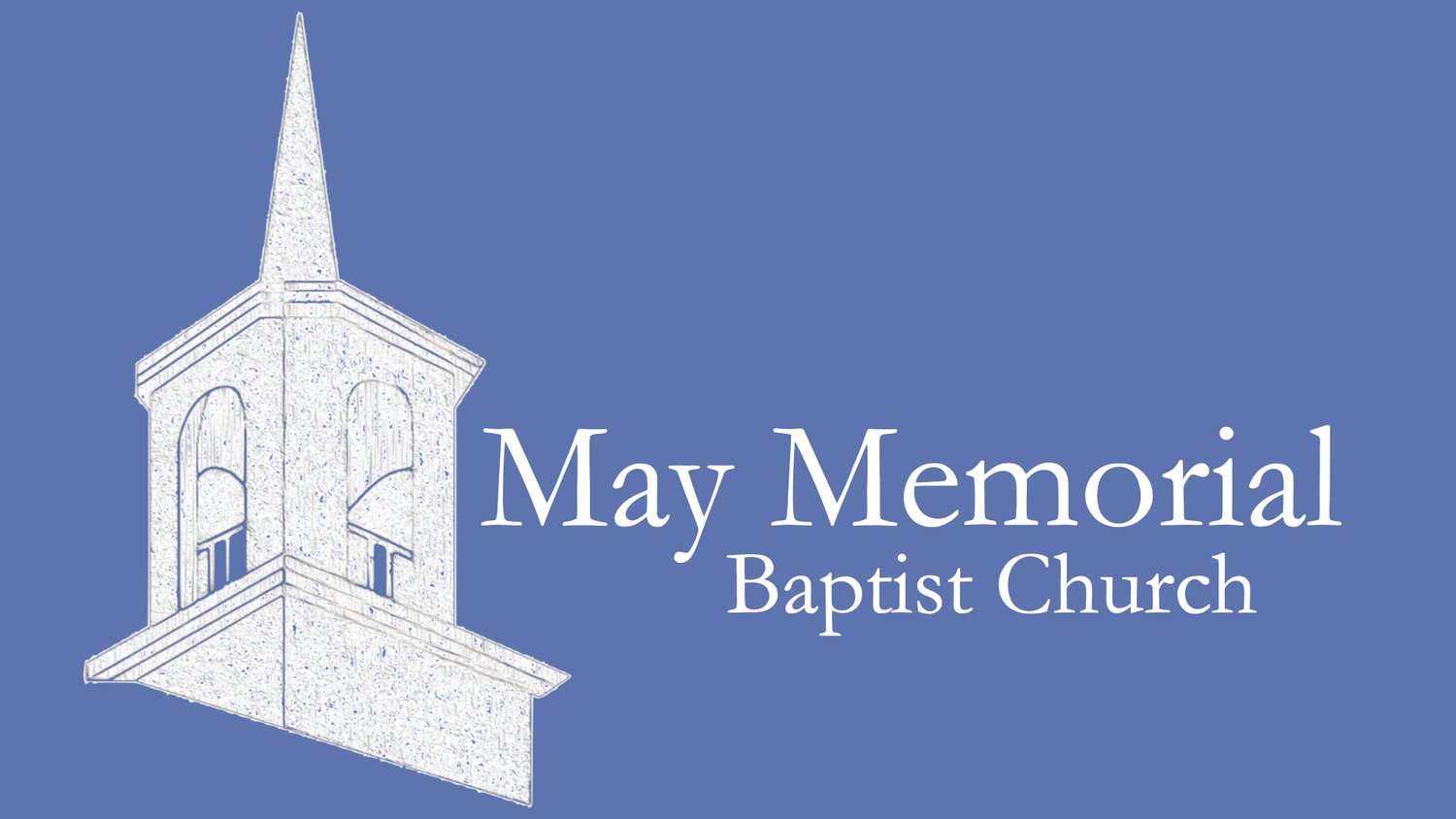Our youth-led Sunday service that happened yesterday started at Passport Camp in early June. One of the unique features of Passport is that the students who participate take an active role in preparing the worship sessions that we all attend each night. Every church group gets assigned one afternoon session of worship prep during the week. They work with the camp pastor and worship leader to develop the prayers for the night, practice reading scripture in front of a large group, learn songs to lead in worship, and write liturgies and response prayers. The students who help plan these elements do them later that evening in the daily worship service.
As someone who feels strongly about involving teens in the life of the church, this is one of my favorite elements of camp. Our students always come away from these sessions energized and empowered. They feel capable. They feel like leaders. Our group that attended Passport this past June talked a lot about worship prep and participation when we were debriefing. They’ve all participated in our church’s worship services before - May Memorial is a congregation that has always supported our youngest church members reading, praying, singing, and leading in worship - but this group loved the act of planning through an entire worship service together. “Carlisle, we want to do this kind of stuff more often.”
In July, we had summer youth meetings at Dunkin’ Donuts and started to talk about what it would be like for the youth to plan an entire church service from start to finish. They talked about how they could give Passport testimonies, serve as ushers for the offering, choose the hymns for the day, and write the prayers ahead of time - just like they did at camp. When I asked them what scripture we should build around, they remembered hearing Passport’s 2023 summer pastor, Jessalyn Brown, preach on the parables of the lost things in Luke 15.
So we studied Luke 15 together. Over several more Dunkin’ coffee meetings we practiced lectio divinia to dive into the passage. I brought some pages from commentary websites for them to look through. We explored websites with collections of prayers and hymns that revolved around that particular scripture. They came up with their central message that they took from the scripture - “God cares for all of God’s children equally. It doesn’t matter what you’ve done or where you’ve been. God just wants you to come back home.”
On Sunday, September 24, your May Memorial Youth Group led worship from start to finish. They planned, worked carefully to choose a scripture and each element that would go with it, went through hymns, practiced a lot, and yesterday - they preached God’s word to a mostly full sanctuary. I am so incredibly proud of them and I’m so grateful.
I’m grateful that Passport is a regular part of the cycle of our youth ministry. Our teens grow and thrive there. They feel safe there. They see a diverse group of men and women lead in worship and in ministry there. They are given unique opportunities to be the hands and feet of Jesus and to lead a group of believers in worship. They hear that their voices and skills are essential to the Kingdom of God.
I’m grateful for our church’s investment in our young people. One of the incredible beauties of a church our size is that we know each other. You all have watched these teenagers grow from nursery toddlers to proclaimers of God’s word. They have spent their lives knowing that this is a safe place to grow and be. They had some experience with reading and doing things in front of their church family because that’s the culture here. This was a bigger task than they’d taken on before, but knowing the love and care you all have for them made them brave. I’m profoundly grateful to be a part of a church family that gives its youth this kind of experience. What a gift - as a young person - to know that the people in your church family (many who have more years of experience than you do) care about what you have to say, listen when you talk, and are willing to be led by you in worship.
This is discipleship. This is the Kingdom of God.
